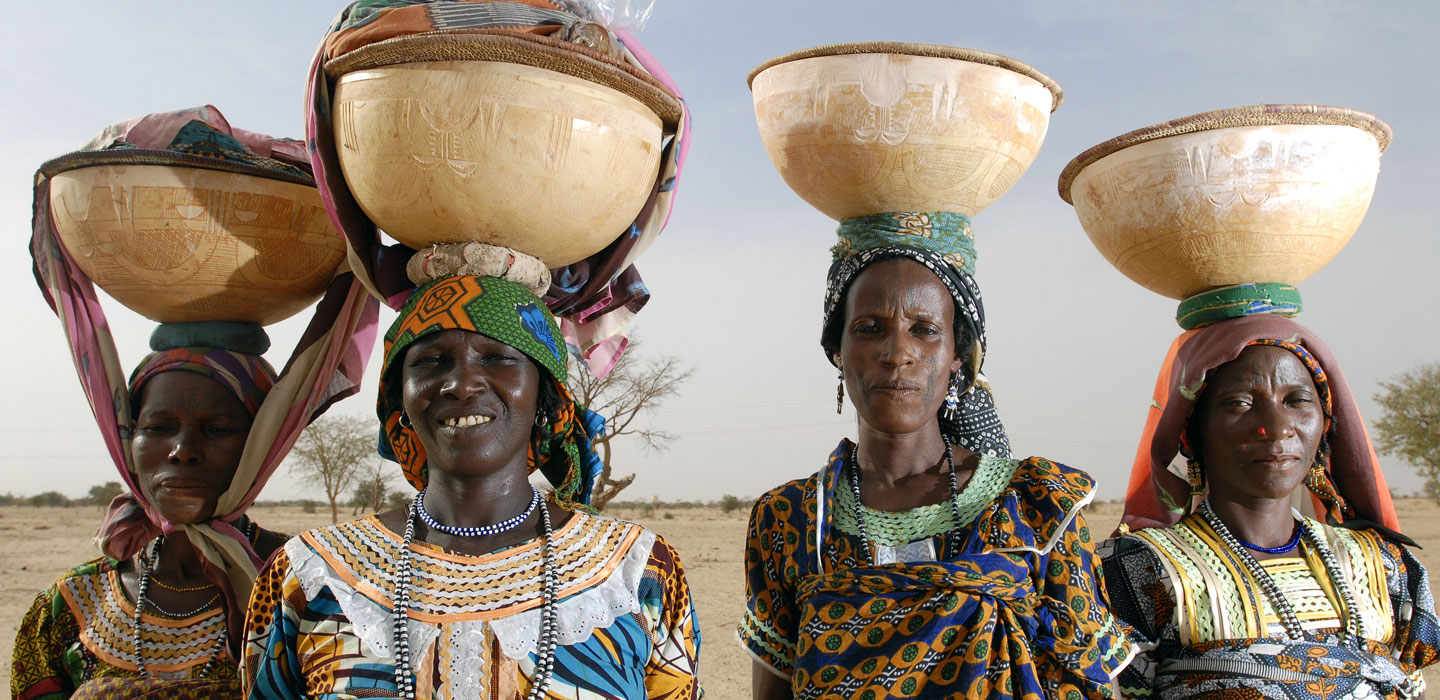Outils et directives
Outils et directives

Outils et directives
Menu Affichage
Search Results Filters
Résultats de recherche
Lessons learned: Access to finance for renewable energy technologies
mai 2018
Access to affordable, reliable and sustainable energy is often associated with economic development and considered vital to alleviating extreme poverty (World Bank, 2018). Yet access to clean sources of energy is still a challenge for many smallholder farmers, their families and rural entrepreneurs.
Toolkit: Access to finance for renewable energy technologies
mai 2018
The toolkit focuses on end-user finance for renewable energy technologies for rural households, smallholder farmers, and rural micro, small and medium enterprises.
Rural women's leadership programme in grass-roots organizations: a case study in Nepal
avril 2018
IFAD, with support from the Government of Norway, developed the Rural Women’s Leadership Programme (RWLP) to strengthen the role and voice of women leaders in rural organizations, including in policy dialogue.
Women-led business and value chain development; a case study in Tajikistan
avril 2018
Investments in smallholder goat development and related value chains are effective means to reduce poverty and increase the incomes of men and women from resource-poor households. They are also effective channels to promote gender equality and women’s empowerment in remote mountainous
areas.
Indigenous Peoples Glossary (English, French, Spanish)
avril 2018
This publication presents IFAD’s first glossary of terms related to indigenous peoples. It has been developed jointly by specialized staff in the Office of the
Secretary (Language Services) and the Indigenous Peoples Desk in the Policy and Technical Advisory Division. The purpose of the glossary is to ensure
consistency and accuracy of terminology in English, French and Spanish, and standardize the terminology used in relation to indigenous peoples in official
documentation and publications, and in all aspects of meeting preparations. It is intended for use by IFAD staff, indigenous peoples' organizations and other
interested parties. Terms and definitions are accompanied by details of the source document and its date of publication.
Secretary (Language Services) and the Indigenous Peoples Desk in the Policy and Technical Advisory Division. The purpose of the glossary is to ensure
consistency and accuracy of terminology in English, French and Spanish, and standardize the terminology used in relation to indigenous peoples in official
documentation and publications, and in all aspects of meeting preparations. It is intended for use by IFAD staff, indigenous peoples' organizations and other
interested parties. Terms and definitions are accompanied by details of the source document and its date of publication.
Integrated promotion of gender equality and women's empowerment: economic empowerment, decision-making and workloads
avril 2018
The causes of gender discrimination pervade different aspects of our lives – social, economic, political, environmental – affecting gender roles and relations in domestic, productive and public domains and from the local to the international level. Time-bound development projects need to
address the cross-cutting and multifaceted nature of gender inequality through multiple entry points.
address the cross-cutting and multifaceted nature of gender inequality through multiple entry points.
Household methodologies
avril 2018
Interventions in the agricultural sector to promote gender equality and women’s empowerment (GEWE) mainly focus on strengthening women’s economic opportunities and decision-making capacities as farmers or in groups. However, the same women often remain disempowered within the household.
Toolkit: Soutenir les systèmes semenciers paysans
mars 2018
L’agriculture débute avec les semences. Sans elles, il ne peut y avoir ni culture ni production alimentaire. Les mauvaises récoltes et la perte des stocks de semences entraînent une situation d’insécurité semencière susceptible de mettre en péril la sécurité alimentaire et les moyens d’existence.
How to do: Supporting smallholder seed systems
mars 2018
This How To Do Note (HTDN) in this toolkit on Supporting Smallholder Seed Systems tackles the complexities of seed systems, setting out a process to support national agricultural policy decision makers, national and international development agencies and IFAD Country Programme Managers (CPMs) in the design and supervision of seed-related projects. The other publications in this toolkit are the Teaser and Lessons Learned.
Lessons learned: Supporting smallholder seed systems
mars 2018
This publication, Lessons Learned, presents some key lessons from the experiences of IFAD and the United Nations Food and Agriculture Organization (FAO), and other seed-related development projects. These lessons will help the reader of the How To Do Note (HTDN) to have a greater understanding and appreciation of the framework for analysing national seed systems and how to use the HTDN to inform the design and implementation of more effective seed projects.